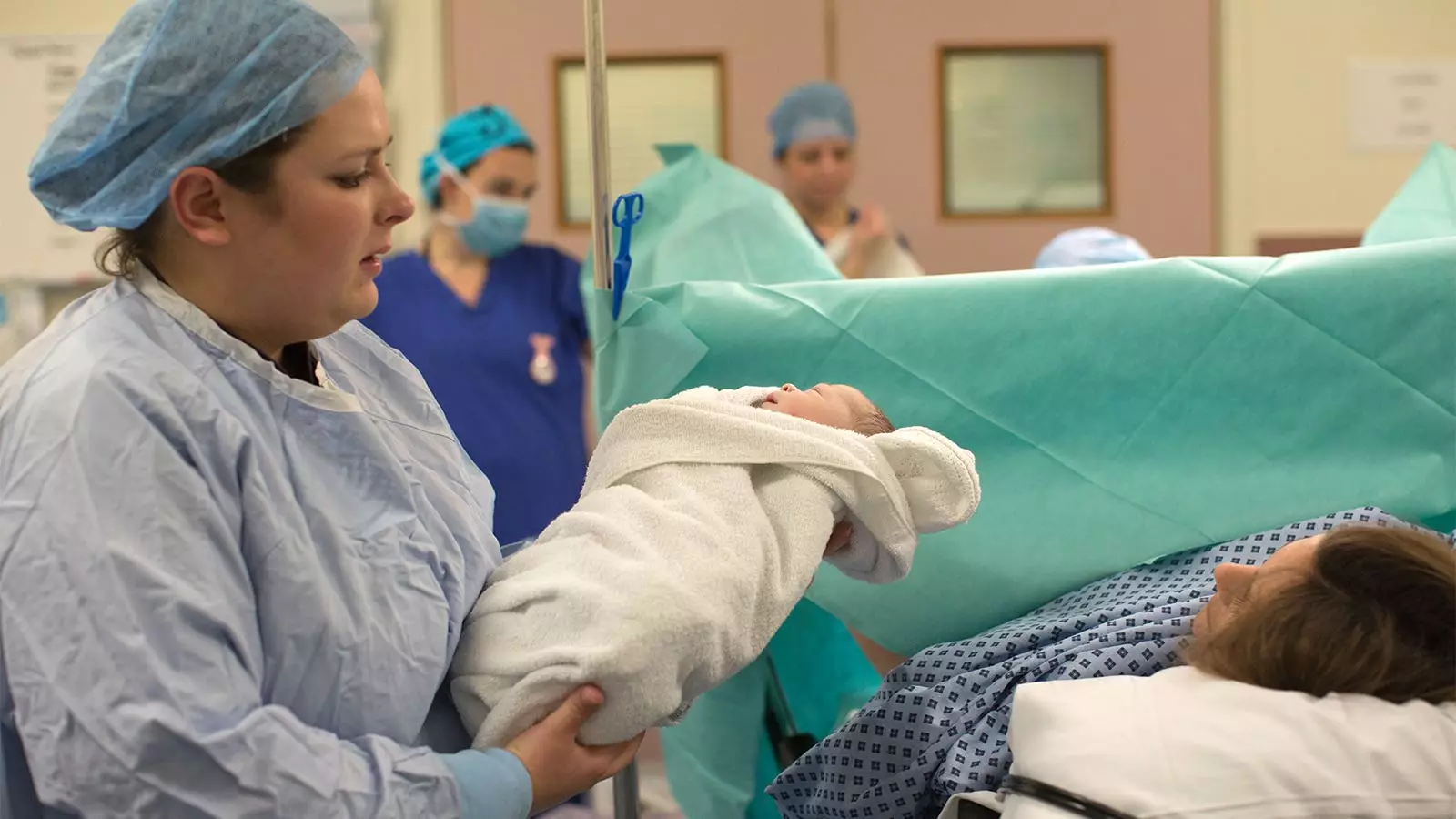When it comes to postpartum care, the focus is often on physical recovery and the well-being of the newborn. However, the emotional and mental health of the mother is equally important but is frequently overlooked. Childbirth-related post-traumatic stress disorder (CB-PTSD) is a real phenomenon that affects a significant percentage of women postpartum, yet it is not routinely screened for or treated.
While postpartum depression screenings are typically conducted during ob/gyn visits following childbirth, the screening tools may not capture the full extent of trauma that some women experience during childbirth. The standard PTSD screening questionnaire often fails to recognize childbirth as a traumatic event, leading to many cases of CB-PTSD going undetected and untreated.
There is a missed opportunity in postpartum care to identify high-risk patients who may be struggling with the aftermath of a traumatic birth experience. By implementing more comprehensive screening measures, such as a detailed PTSD questionnaire that acknowledges childbirth as a potential trigger, healthcare providers can better pinpoint patients in need of support.
In order to effectively address CB-PTSD in postpartum patients, a collaborative approach between obstetricians and psychiatric professionals is essential. By working together, these providers can ensure that patients receive appropriate and tailored therapy, as well as medications if necessary, to help them heal from their traumatic birth experiences.
Aspiring obstetricians and other healthcare providers are urged to prioritize the mental health of postpartum patients and be mindful of the potential impact of CB-PTSD. While clinical visits are already filled with important topics to cover, addressing CB-PTSD could make a significant difference in how patients process their experiences and ultimately heal.
It is crucial for healthcare providers to broaden their approach to postpartum care by incorporating comprehensive screening measures for CB-PTSD. By recognizing the emotional trauma that some women experience during childbirth and providing appropriate support and intervention, healthcare professionals can better serve the needs of postpartum patients and help them navigate the challenges of motherhood with compassion and understanding.


Leave a Reply